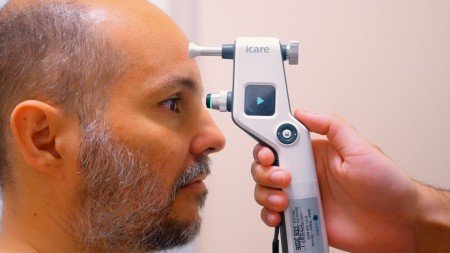
Vision science is the study of eyes, visual system and associated diseases. Clinical Scientists and Ophthalmic Science Practitioners play a vital role in diagnosing and managing eye conditions, using advanced technology to assess vision and eye health.
As part of your role you will:
-
Work alongside a multi-disciplinary team
-
Use high-tech equipment to scan and test eyes
-
Help diagnose eye conditions
-
Support research into new treatments and technology
Entry-level roles and apprenticeships
-
Healthcare Science Assistant (Level 2 or 3 Apprenticeship)- A starting point for those interested in vision science, typically requiring GCSEs.
-
Healthcare Science Associate (Level 4 Apprenticeship)- Provides hands-on experience while working towards a qualification.
-
Ophthalmic Imaging Diagnostic technician- Entry via NHS training scheme or apprenticeships.
Higher Education Route
-
To become a Clinical Scientist or Ophthalmic Science Practitioner, a relevant degree is required:
-
A-levels/ equivalent: e.g. science subjects are often preferred.
-
Undergraduate degree: A BSc in Vision Science, Biomedical Science or related field.
-
Scientist Training Programme: a 3-year post-grad programme leading to registration as a Clinical Scientist.
